Building Analogue Communities in the Middle East With Darkroom Amman and El Ghorfeh, Palestine
3 13 Share TweetIn the Middle East, analogue photography is making a comeback, as more and more people are becoming interested in the practice. However, access to darkrooms is often a challenge for those trying to keep the culture alive and well. Lina Khalid has established a darkroom in her city of Amman after training for a few months in Cairo. Now she is helping fellow photographer Dina Salem to establish El Ghorfeh, a darkroom located in Ramallah, Palestine.
Lina and Dina are together working to grow an analogue community in their region, finding ways to connect with others. Last year, they organized a print sale to raise funds for their expenses and to showcase the talents of Arab film photographers. In this interview we get a chance to hear their stories about creating their own darkrooms, fostering the growth of their communities, and the importance of seeing the work of photographers from their part of the world.
Hi Dina and Lina, can you start by telling us a bit about yourselves and how you got started in analogue photography?
Dina: Greetings, I am Dina Salem, I am a visual artist, and the co-founder and manager of El Ghorfeh, the very first Palestinian darkroom. I’ve been making images for many years now, but I can say that my journey with analogue began around seven years ago when I decided that to become confident with lights, cameras, and images, I needed to step back from the safety that my digital camera offered me. Of course, that’s just the part that involves capturing the images, but it was not until I began to grasp every aspect of the process that I really felt like my journey with analogue began. Working in the darkroom, mixing my chemistry, developing and printing, and getting my hands dirty while learning everything there is to know about film and light was the real start.
I have to say that for a long time, even though I had a lot more access than I do now, having lived in the UAE and Lebanon, I still hadn’t approached the technical aspect of film photography, partly because I was afraid of failure, and also because in many ways the film scene is sadly still very male-centric. Even though I had always envisioned myself running a darkroom, especially here in Palestine, I can’t say that I had a real plan, until I met Lina and the Darkroom Amman team, and the partnership we formed since.
Lina: I am Lina Khalid, a Palestinian-Jordanian photographer and cultural worker, born in Amman, Jordan, in 1991. My journey into analogue photography alongside text as a means of visual storytelling began in 2017. In 2018, I established Darkroom Amman, a community photography space, to promote photography culture and make educational photography programs accessible in Amman and across Jordan.
My venture into analogue photography began out of curiosity. Initially, I embarked on this path to explore and learn about this medium. Little did I anticipate that I would become deeply immersed in it, eventually making it an integral part of my creative work.
In late 2017, I relocated to Cairo with the aspiration of becoming a cinematographer. During my time there, I not only pursued cinematography but also delved into analogue photography and darkroom techniques at The Darkroom Cairo. I soon realized that a thorough understanding of still photography was essential to becoming a skilled cinematographer. This marked the beginning of my journey with analogue photography.
In 2018, I returned to Amman intending to establish a community darkroom. Today, our darkroom has been thriving for five years, providing a space for photographers and enthusiasts to explore the world of analogue photography and storytelling.
You both started your own darkrooms for your communities. Can you tell us how it all came about?
Dina: El Ghorfeh - meaning “the room” in Arabic - took on many shapes over the years. My friend Ahmed Al Aqraa, who is also a film photographer, built the first “room” in an abandoned house in Ramallah using scrap material and collected supplies. It was looted shortly after, so he switched to an antiquated studio space alongside other amateur photographers in Ramallah. The space was very challenging on a technical level, and without the right resources and know-how, it soon faded into the background and closed down. Coincidentally, in early 2022, I decided to move back to Palestine after spending years abroad, and I shot my first color roll during my first week back. Desperate to develop my film, I ran into El Ghorfeh’s Instagram account, and even though it had been clearly inactive for a while, I decided to reach out anyway because there was really no other alternative in Ramallah. Ahmed responded and we met there shortly after, developed the film, complained about the high humidity and collapsing walls in the darkroom, and six months later, he handed me the keys to try to give life to El Ghorfeh once again.
Now, I think of El Ghorfeh as a mobile space that can operate anywhere and anytime, be it the same old collapsing studio space, or my own home, or wherever we find ourselves. We are fully independent and Palestinian-run, meaning all of our supplies are brought from abroad or donated to us by friends and other darkrooms in the region, and we continue to operate in spite of the challenges that our political reality under the brutal Israeli occupation enforced upon us.
Lina: At the end of 2017, after getting to know my co-founder Diana Al-Zu'bi, we began discussing the importance of having a space for learning photography in Amman. We noticed a lack of cultural and artistic spaces that focused on photographic culture. Moreover, there was a notable absence of any project dedicated to teaching darkroom techniques.
Before my journey to Cairo, we reached out to The Darkroom Cairo and started working with Mohamed Abdelwahab to develop a vision for the project we would undertake upon my return to Amman. In April 2018, we initiated the Darkroom Amman project by hosting an introductory workshop on black and white photography and darkroom work in collaboration with the Palestinian photographer Raya Mana’a.
Since 2018 and up to the present day, the project has evolved to encompass a broader range of analogue photography techniques, alternative printing methods, and film processing services for the public. Additionally, we have organized three collective exhibitions.
Can you tell us about your recent print sale and the reasons behind it?
Dina: El Ghorfeh, alongside Darkroom Amman, operates in an environment with limited access to resources and financial safety nets. So the print sale emerged out of a need to ensure the continuity of the darkrooms, and partly to establish a tradition of future analogue print sales which we hope to curate again in the coming year. It was in essence an act of a community coming together in almost no time to come up with a way to sustain itself, free from any institutional red tape.
Once we announced the sale, we were astonished by the amount of attention we received. I was sadly still in Palestine during the opening night of the exhibition, which took place in Amman, but its success revealed to us that analogue photography had earned its place in our cities. It also clearly demonstrated the importance of the social networks we had formed around analogue photography and in the greater art scene in the Arab world. On a personal level, I felt a sense of pride upon seeing my works amid other images by other Arab photographers. The print sale felt authentic, homegrown, and genuine, and was a reminder that what I do is part of a larger movement towards establishing a transnational analogue community.
Lina: Darkroom Amman is community-based. It operates with the help of resident photographers, and we usually have one or two residents at a time. During the summer many of our residents and friends returned to Amman, and we had five enthusiastic residents. The idea to have an event showcasing all of our residents' work was already floating in the air, but now we had the helping hands to make it possible. These residents more or less handled the whole process from curation to printing and framing to pricing and shipping.
Another important purpose the print sale serves is to help us cover our yearly rent and utility expenses, ensuring the continued operation of our darkroom.
Why were these specific photographers chosen?
Dina: The photographers who donated and displayed their photography are all members of the community. They are individuals who contribute in many ways to the continuity of the darkrooms. In Palestine, I had limited access to photographers because as I mentioned previously analogue photography is still a long way from being prevalent and accessible
Lina: Each photographer had their unique style like street photography, multiple exposures, experimental films, landscape, and architecture. Which allowed us to show the diversity of film photography and the possibilities of it. Adding to that, the photographers are residents of Darkroom Amman who have projects under development that were not exhibited before and would benefit from a platform to showcase their projects, offering them a valuable opportunity to exhibit their work to a wider audience.
How did you two end up working together?
Dina: I treat El Ghorfeh and Darkroom Amman as sister darkrooms. We operate with a shared interest and with a common goal of advancing analogue techniques and photographic practices in our cities and our region as a whole. Of course, our team in Palestine is very small relative to the community in Amman, but it was very important for us to showcase alternative images emerging from Palestine, a space that is often confined within a very particular and anticipated visual language, and the print sale provided a great opportunity to redefine that, using film.
Lina: Starting from 2023 we have been collaborating on workshops and resource sharing. Much like how Mohamed Abdelwahab of The Darkroom Cairo helped us develop our vision before, we felt it was our duty to help Dina Salem re-open her darkroom in Palestine, where there were none.
We strongly believe that the analogue community, as well as Arab art communities, should collaborate beyond postcolonial borders. We continuously engage with analogue communities and individuals in our vicinity. Furthermore, we have established partnerships with other analogue communities in the region, such as Analog The Room in the UAE and Darkroom Cairo.
Have you seen the analogue community growing even more since you opened your darkrooms?
Dina: It's difficult for me to say that there’s an analogue community in Palestine because in truth I feel that I am in the process of attempting to cultivate one. There are definitely talented and dedicated individuals who shoot film, but for a community to exist there would need to be a shared interest, and a desire to contribute to a common good, and to maybe even reshape the way the art scene around us operates. The more savvy I get with finding resources and supplies, and the more energy I put into workshops, the closer I get to building a small community here.
Regionally on the other hand, I think there are real attempts at growing the analogue community. You can find a darkroom almost everywhere in the Arab world, some doing better than others due to differing economic and socio-political circumstances, but all operating under a similar banner. I think we will see a growing collaboration and partnership between the Arab analogue community in the near future, and with the solid partnership with Darkroom Amman, we are currently pushing to make that a reality.
Lina: Entering the world of analogue photography can be challenging without a supportive community to share resources. Our space has played a crucial role in making this transition smoother for both digital photographers and those who may not have a background in photography. We have achieved this by offering a range of workshops and providing affordable developing and scanning services. These initiatives have not only facilitated the process of getting started with analogue photography but have also created an accessible gateway for individuals, helping them explore the art and craft of analogue photography.
What projects do you have in store for the future?
Lina:We are actively expanding our educational programs by developing comprehensive teaching curriculums that include advanced and experimental workshops. In addition, we are working on a special program designed to introduce analogue photography and darkroom techniques to children in government schools. These schools often lack arts programs, so our initiative aims to expose a younger audience to the world of photography, providing opportunities they may not otherwise have.
Is there any photographer or group you want to work with in the future?
Lina: Our goal is to strengthen our collaborations with analogue photography communities both within our region and beyond. Currently, we are in the process of establishing a meaningful partnership with the Magnum Foundation, a significant step that would expand our reach and connect us to a broader audience. This collaboration holds the potential to foster a greater exchange of ideas, resources, and opportunities, ultimately enriching our engagement with the analogue photography community on a global scale.
We thank Dina and Lina for sharing their stories and for their work keeping analogue alive! You can follow Dina and Lina and their respective labs El Ghorfeh and Darkroom Amman.
written by rocket_fries0036 on 2024-02-20 #culture #people #places #darkroom #community #palestine #self-development #jordan #print-sale




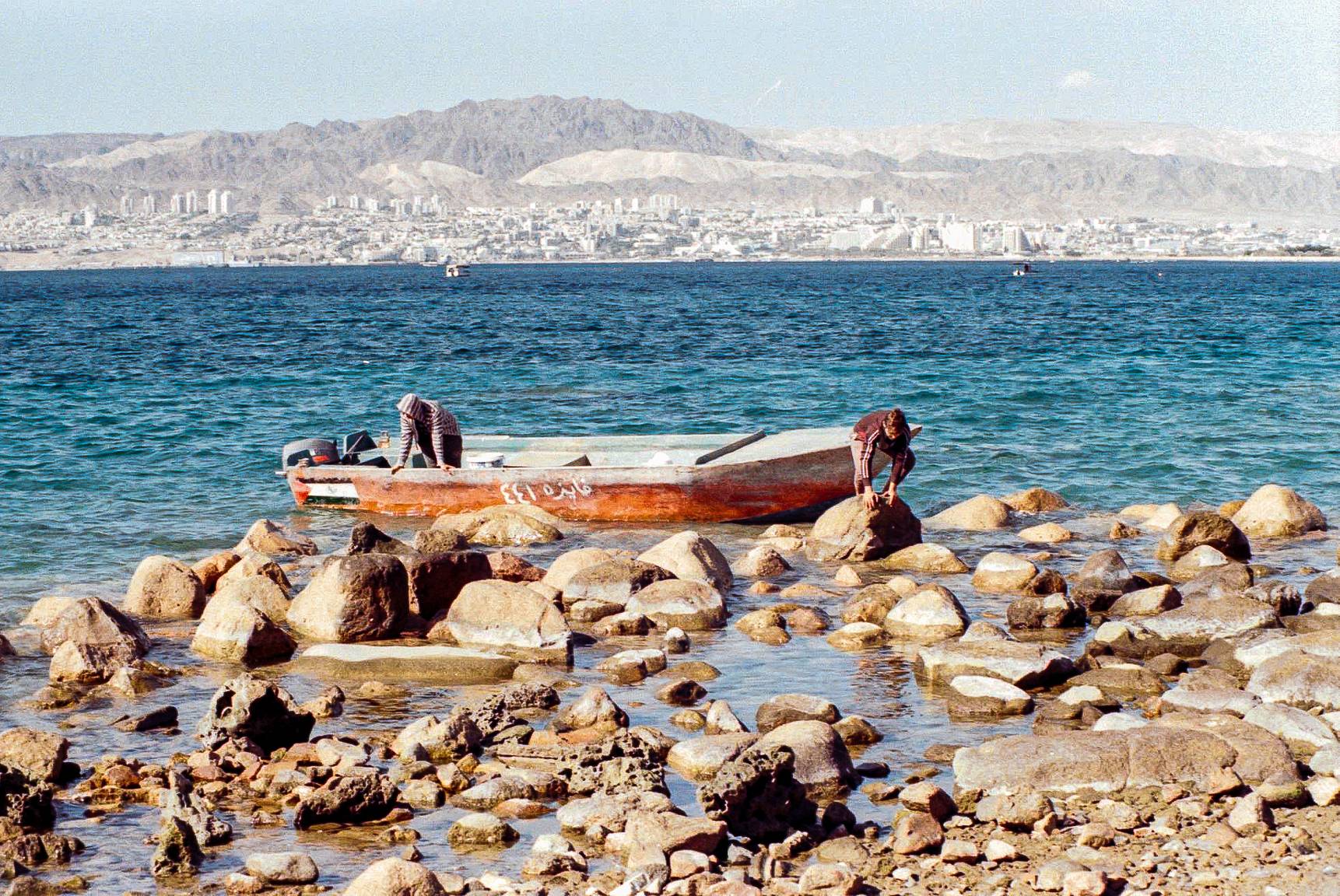
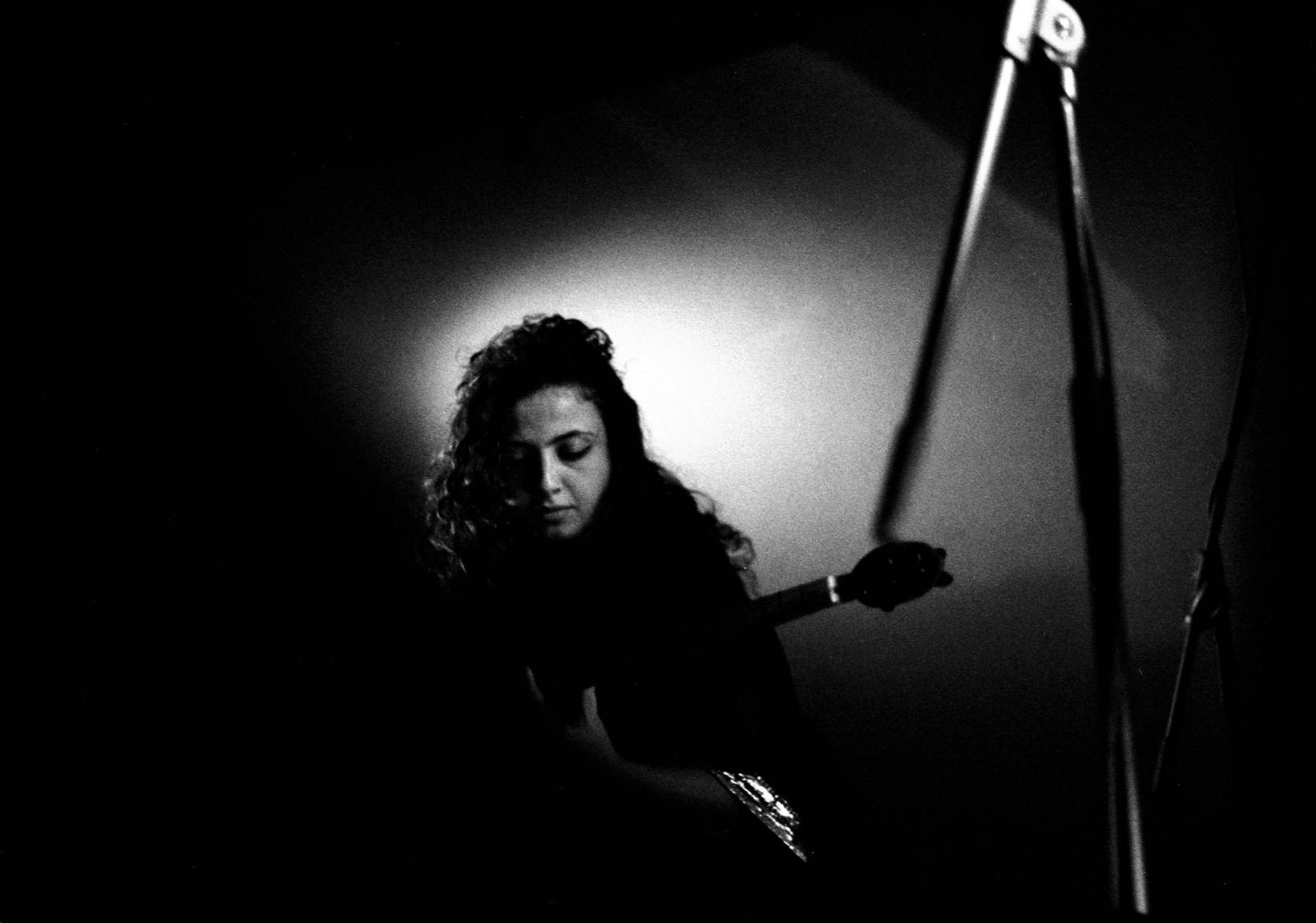
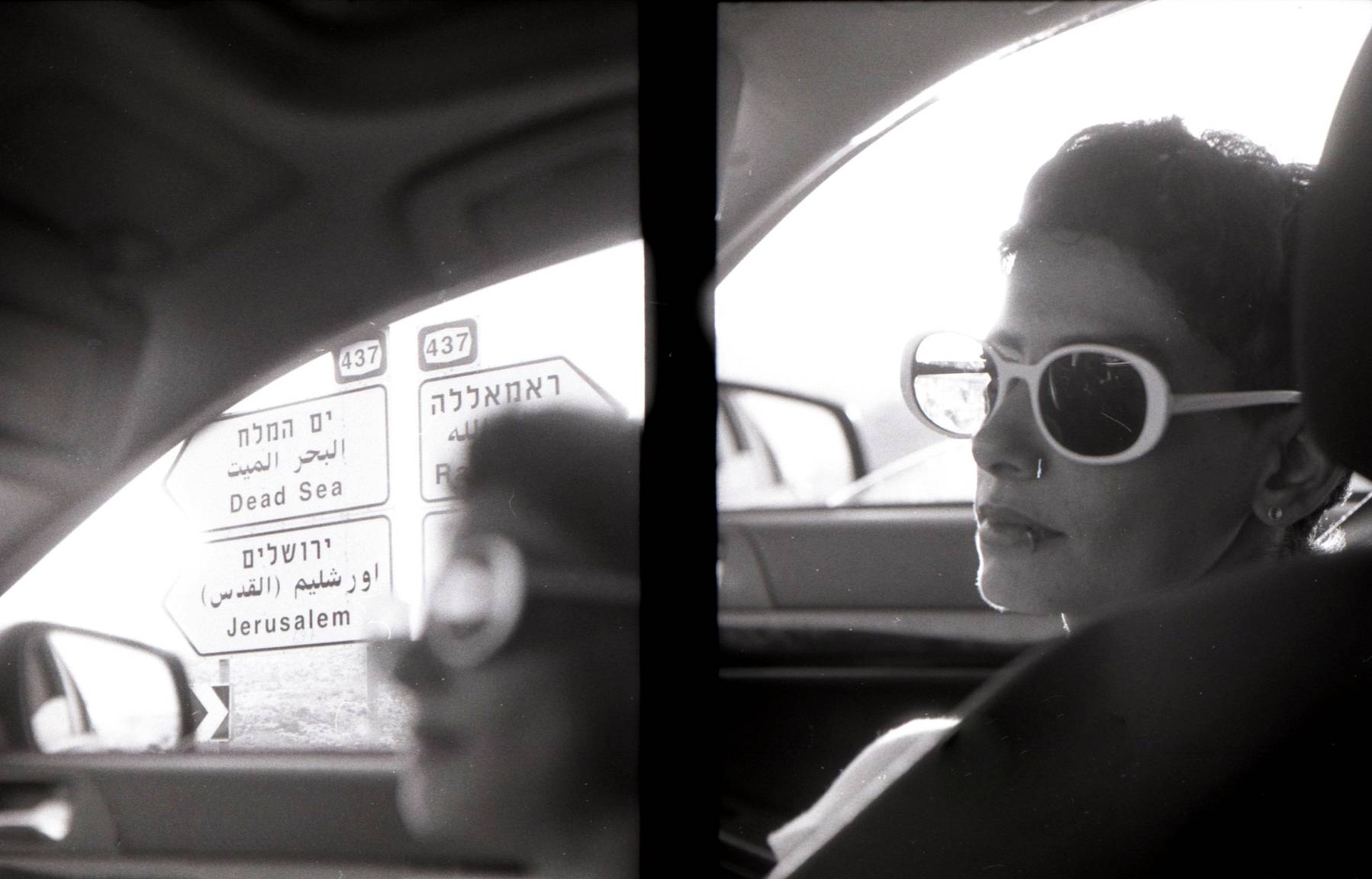








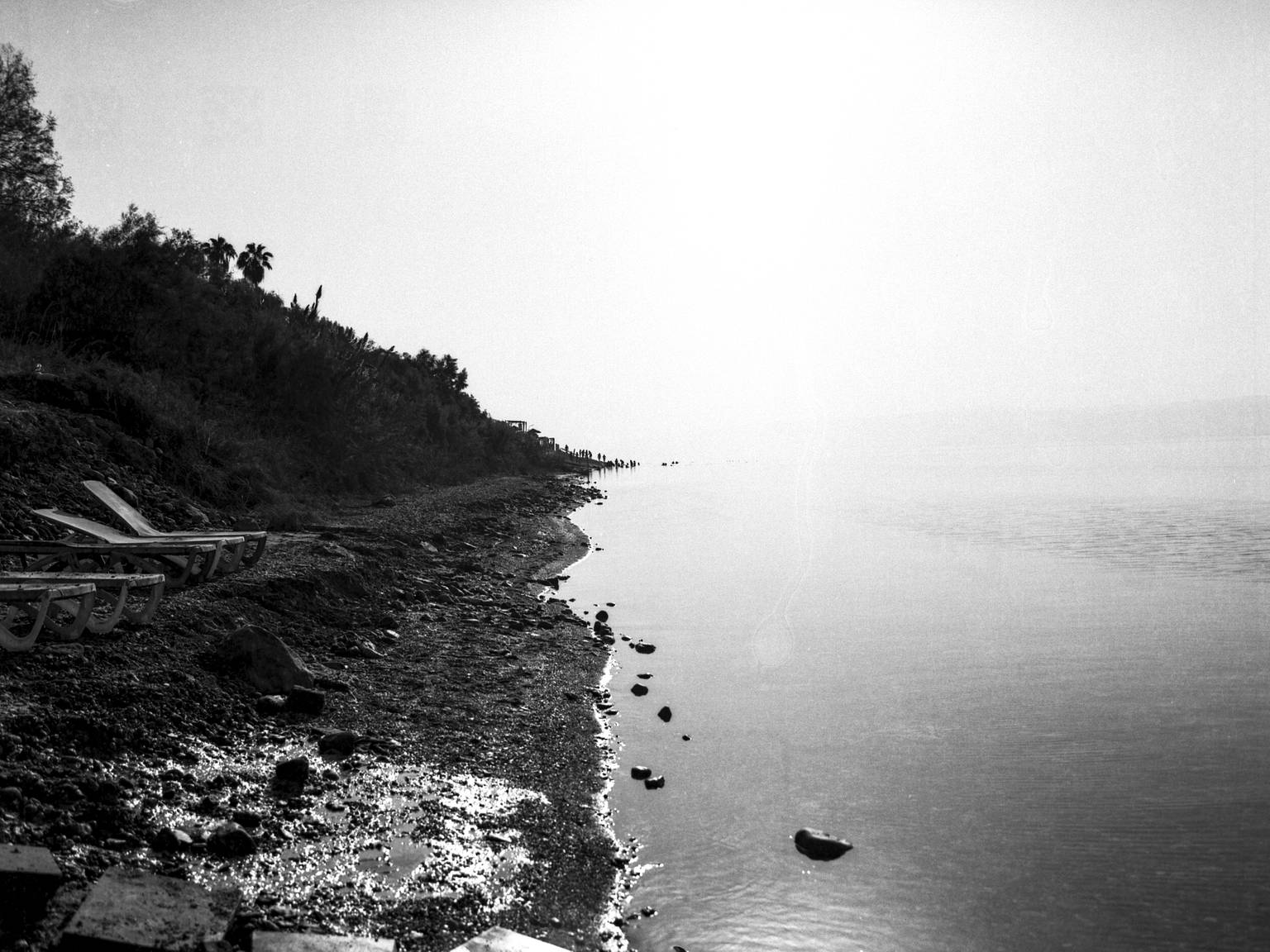

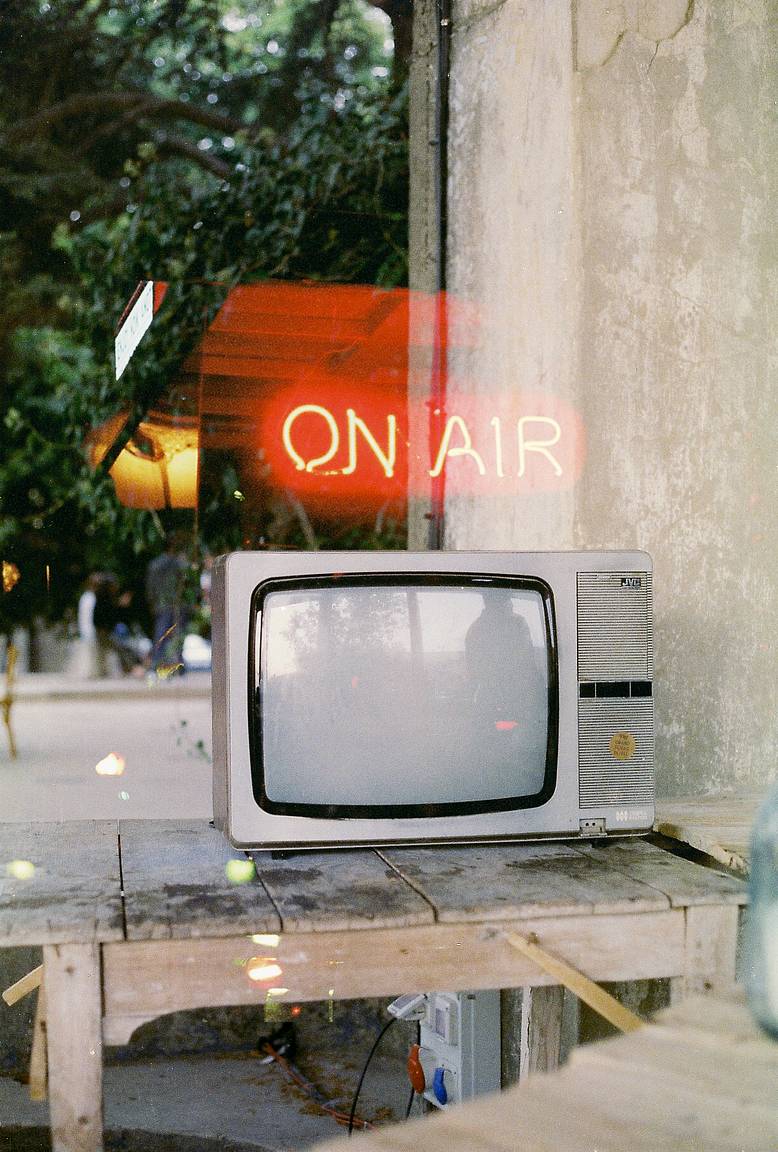




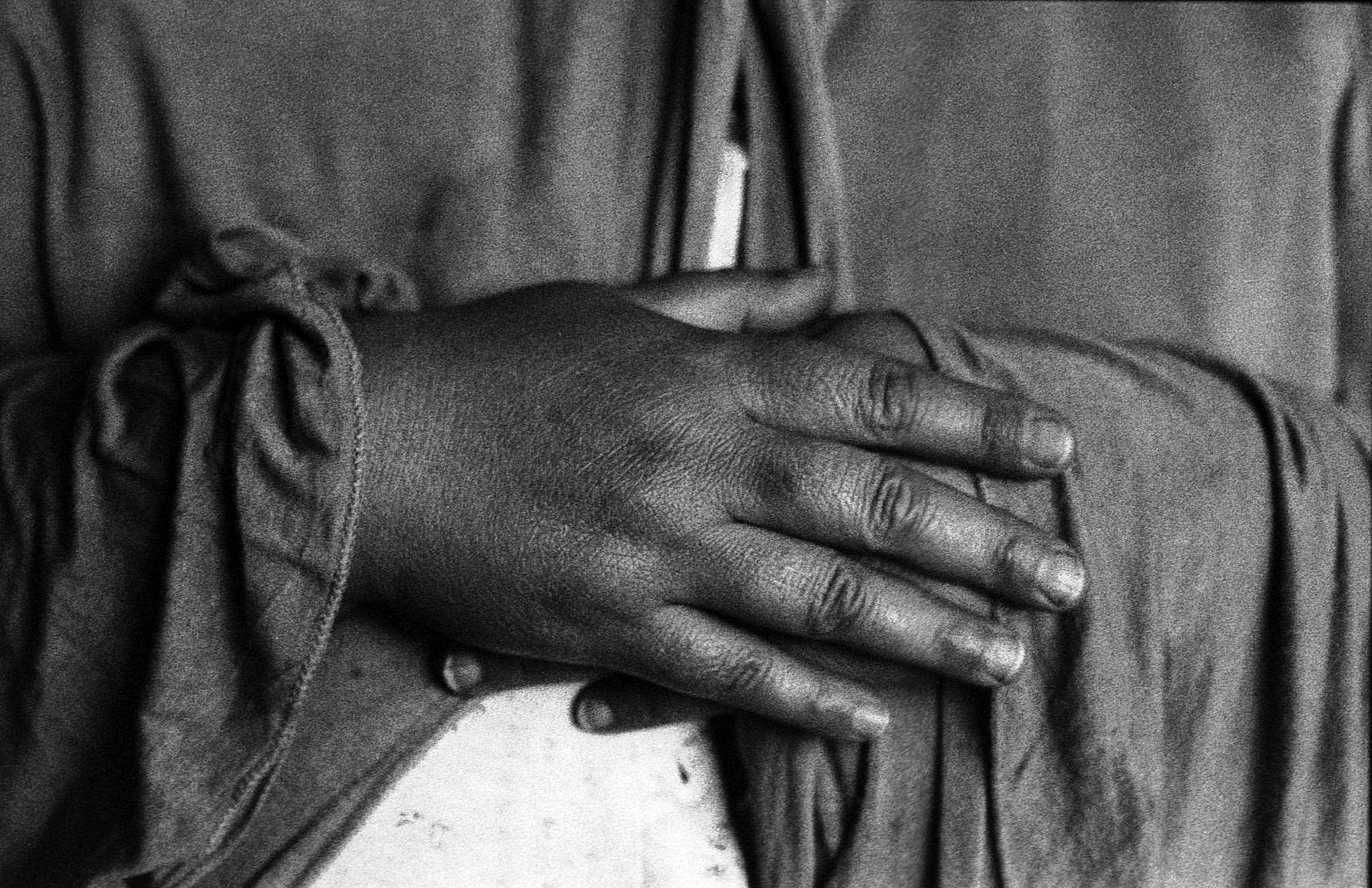






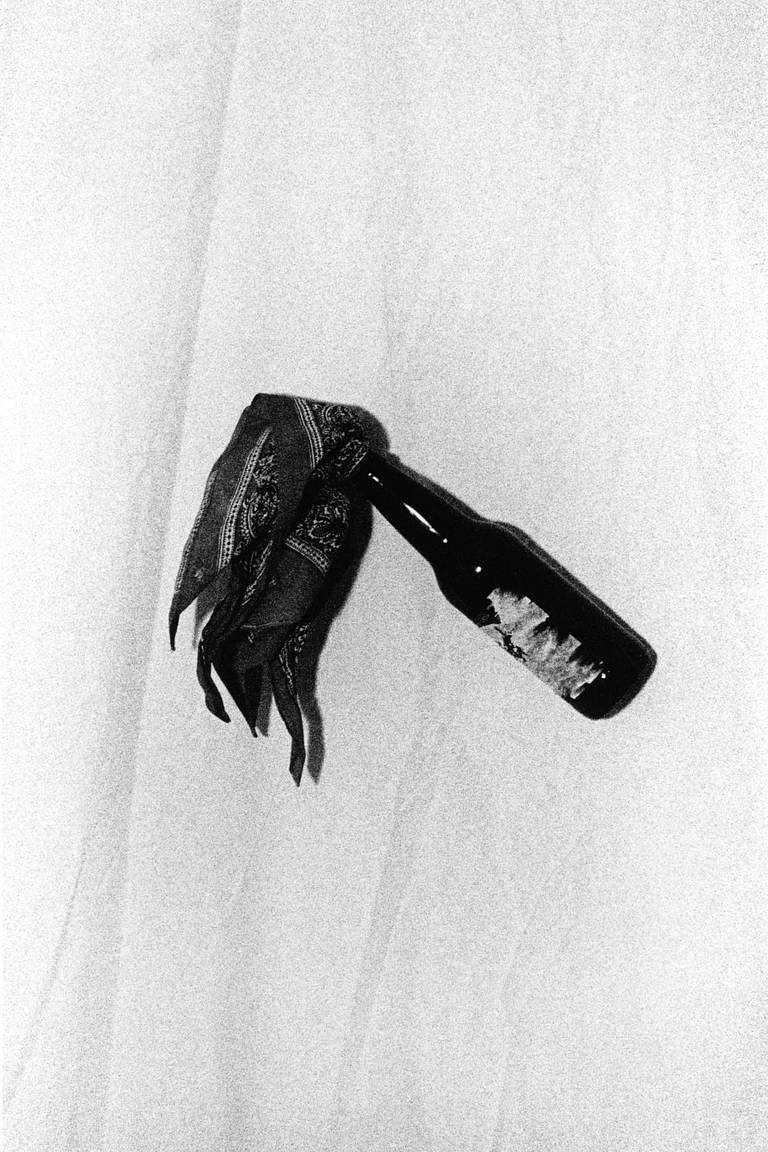
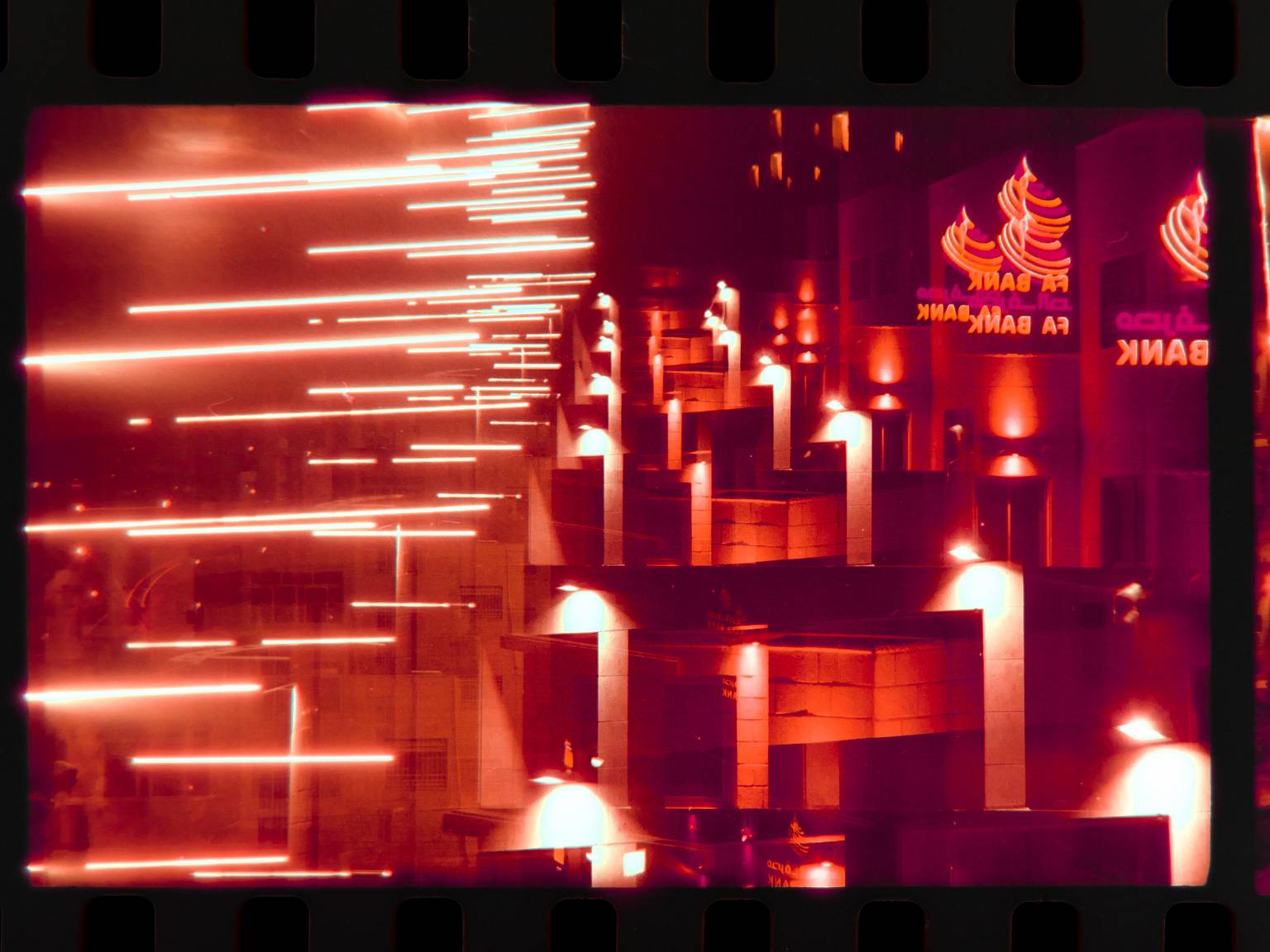




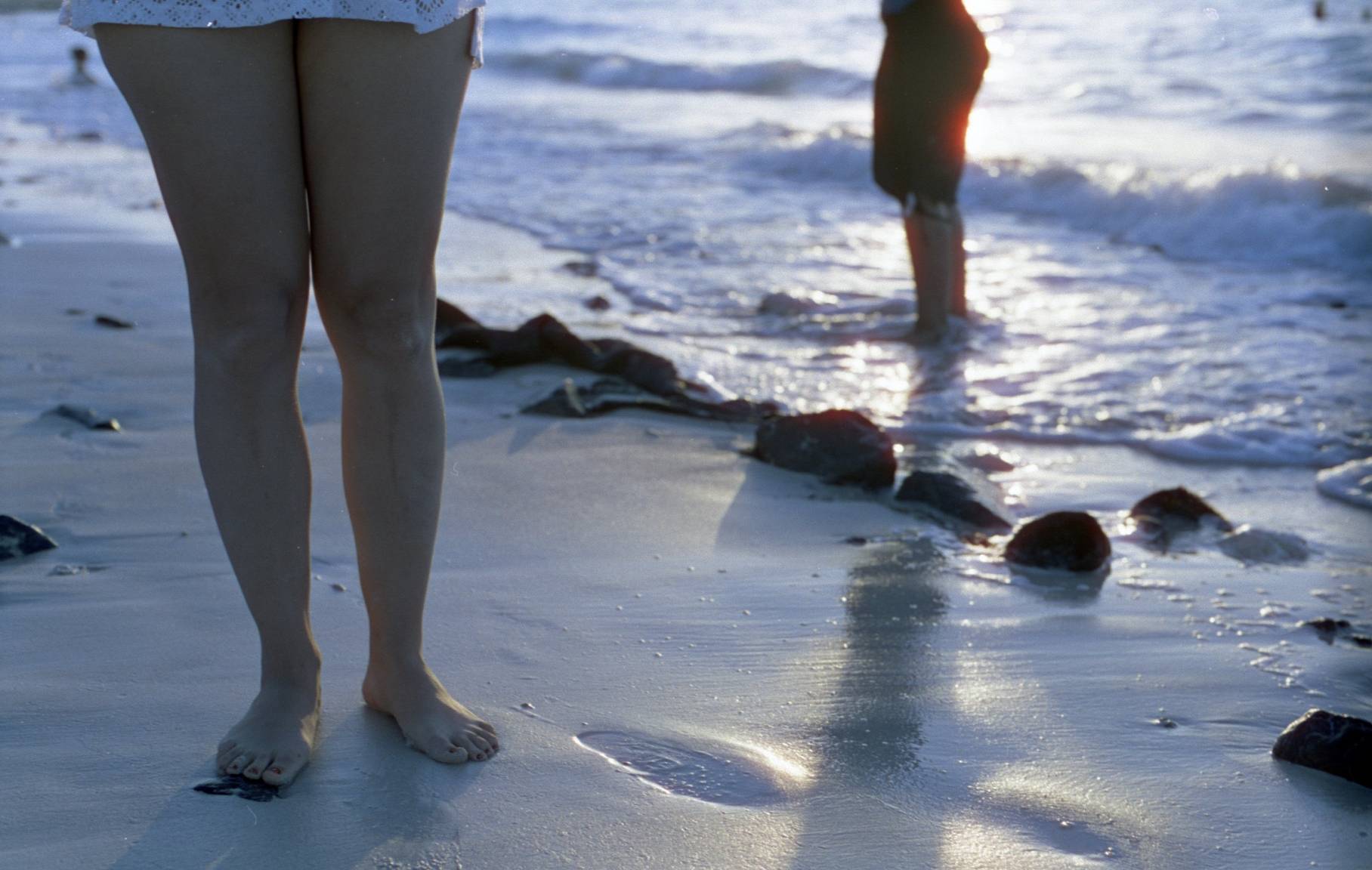













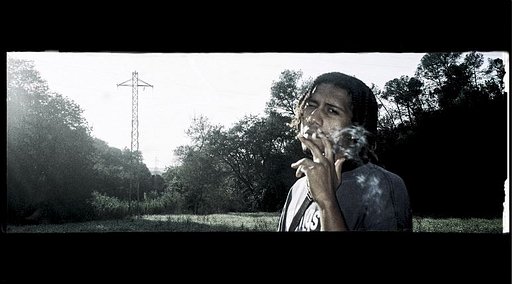




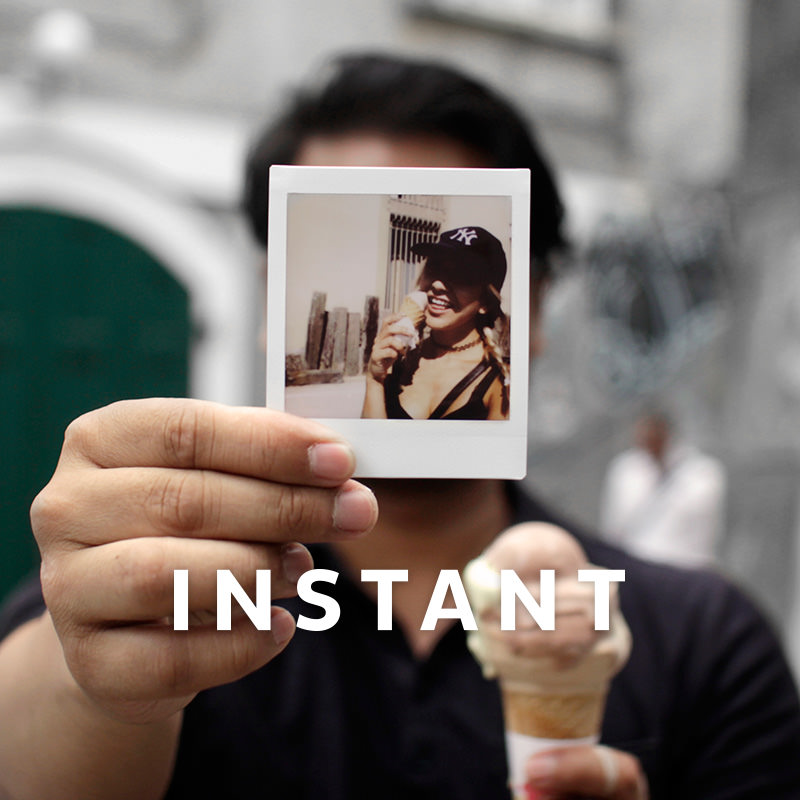
3 Comments